Long before the current wave of xenophobia descended on South Africa, I had intended to focus on the relationship between Nigerians and South Africans. But the recent price increase by Multichoice, operators of DSTV, in March, which has not been well received by subscribers, forced a change of direction.
Like many things involving Nigerians, Multichoice customers have been huffing and puffing, ventilating their anger on social media without corresponding action on fighting the pay TV operator. Some actually mooted an idea that all subscribers should switch off their decoders on April 1 to protest the price hike. One wondered how effective that option would be and its enforceability. An apparent way of seeking redress is the Consumers Protection Council (CPC), which is peopled by smooth talking operators who never seemed effective in handling myriad of cases brought to its attention. Having followed it from afar, CPC thinks its mandate stops with appearing in raffle draws organised by companies for their customers just to validate such draws.
But the protest got more zest with a suit filled by a subscriber, Adebayo Osatuyi, at the Federal High Court Registry, Ikoyi, Lagos. In a report by TheCable on April 7, Justice C.J. Aneke ruled “That an order of interim injunction is hereby granted to the parties to maintain the status quo restraining the 1st defendant (Multichoice/DSTV) from giving effect or enforcing its planned increase in cost of the different classes of viewing or programmes bouquet, pending the hearing and determination of the motion on notice.” Multichoice, however, ignored the order and continued to offer its programmes bouquets reflecting the 20 percent price increase. As I write this, I got a text message from Multichoice that I should renew my subscription even when I’m not enjoying the service I paid for on their platform.
This case is particularly interesting as it throws up a lot of issues. Can the court legislate what a company charges for its services? Can a court regulate a business and determine prices in a free economy? But as a subscriber, the pertinent question is: How does a subscriber seek redress in the face of a reckless price increase by a service provider? We all need to follow the suit keenly as it would expand our jurisprudence.
Advertisement
The argument offered by Multichoice is the fluctuating exchange rate of dollars, which it claimed forced its hands in increasing the price. I have not read a coherent and logical explanation to the myriads of articles and pieces or broadcasts on the matter. The only one was a rambling piece a colleague forwarded to me. Not to worry, I’m voting with my feet, as there are other alternatives. An exchange between two of my friends, both medical doctors, on this issue using the metaphor of addiction offered an interesting perspective. The fact is that most of us who are DSTV subscribers do so because of football, read the English Premier League. Nigerians will do anything to watch West Ham play Chelsea or Liverpool play Arsenal just as they will do for UEFA Champions League.
But there are cures for this addiction. After the price increase, I waited two weeks before renewing my subscription and I did not die. By the way, my children have been weaned off television a long time ago and so Bloomberg and Cartoon Network cannot force me to continue subscribing to a provider who treats me with scorn. Several times, you are forced to call Multichoice to reconnect you and this can take nearly 20 minutes before you finally get the chance to speak with a customer care agent. Yet, you are bombarded with calls, text messages, and emails reminding you to renew your subscription. Currently, a decoder that Multichoice gave me in October last year is malfunctioning for two weeks now that it just switches off by itself for hours. Don’t try calling the DSTV folks as you will be tossed around like ping pong and repeated visits to their Ikeja GRA office yielded no fruitful action to replace the faulty decoder.
A critical action by our government is to demand that broadcast rights for premiership matches in Nigeria should not be sold to only one bidder but multiple bidders as we have in some African countries. This can break the monopoly of Multichoice as there is nothing else on offer that justifies the price increase. Old movies that are repeated endlessly remain the major menu on its channels. So, while we watch how Justice Aneke determines the matter before him, I’m abandoning DSTV. Forget football, there are CONSAT, Startimes, ACTV, and MyTv, among others. Find one that works for you.
Advertisement
4 comments
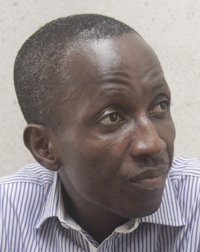

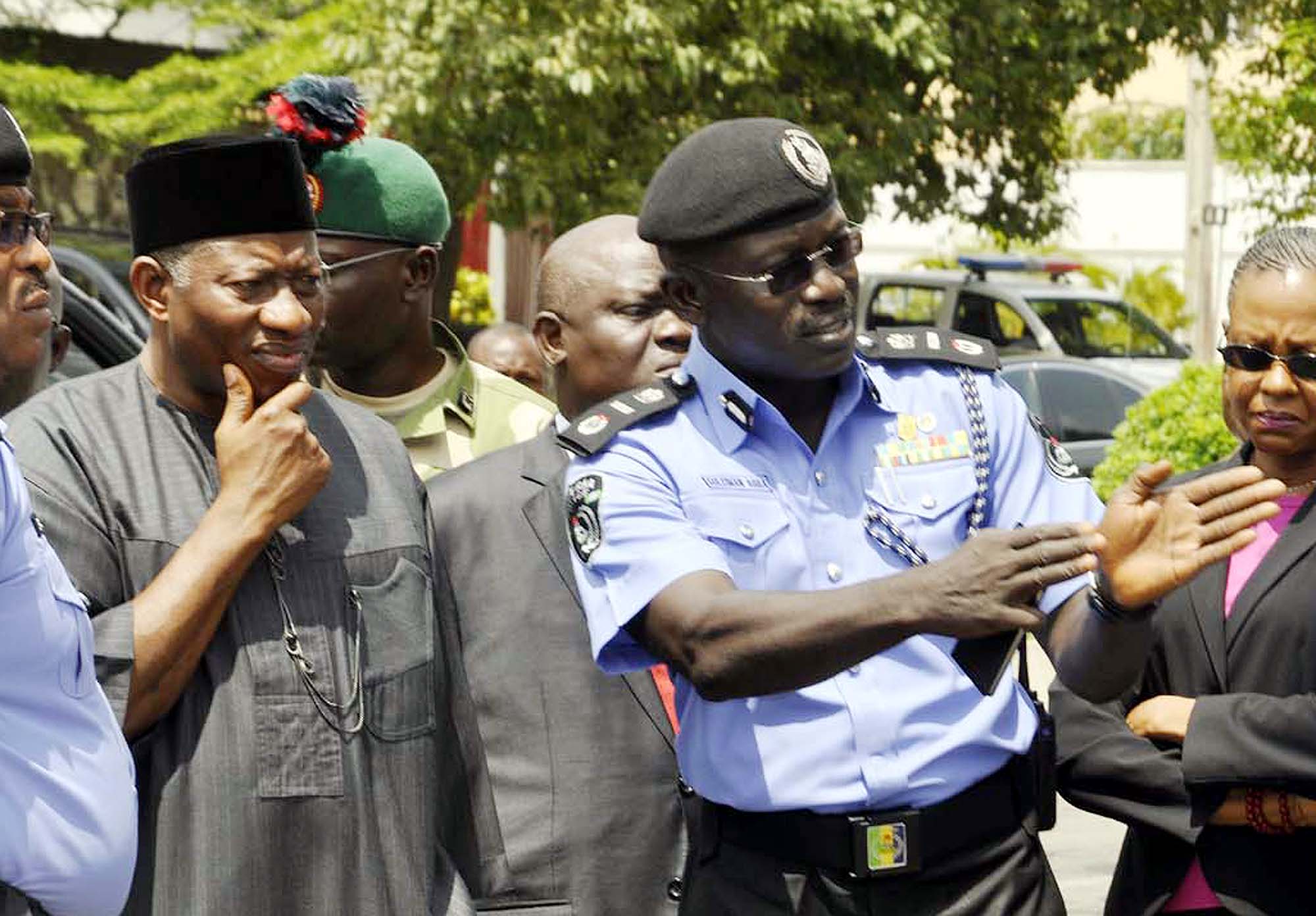
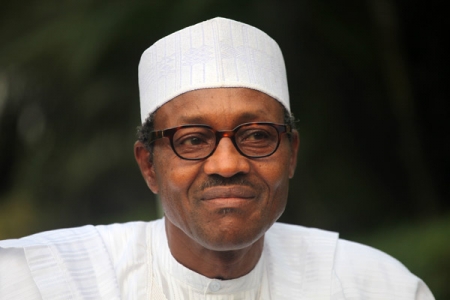
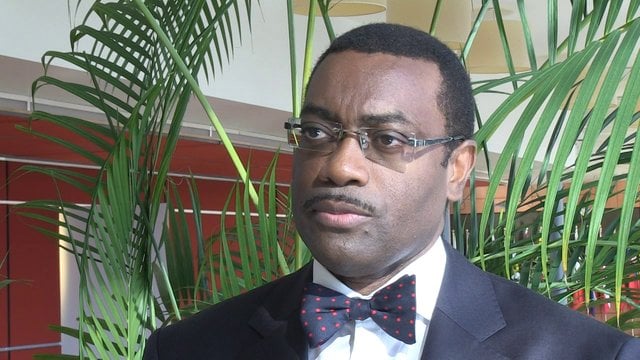
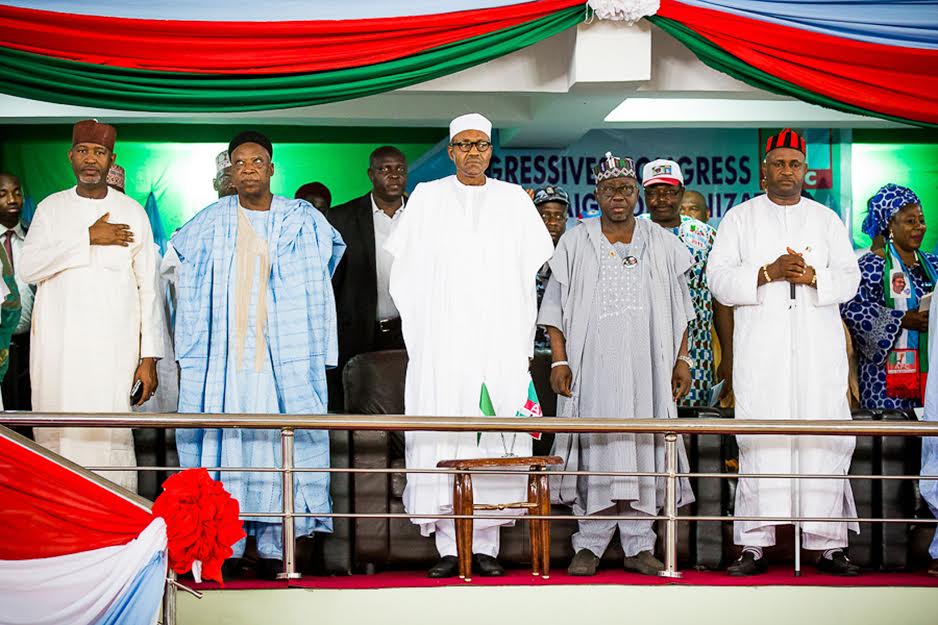

Its a pity we Nigerians allow foreigners com reap us off.I vote we cripple d said company by suscibin 2 our own indeginous pay tv
This is the best I have read about this issue! We should determine the fate of DSTV with our cash. We wont die if we dont watch their programmes.
Thanks for this.
Your comment. Let get our acts together & force Multichoice to bring down d price. They are ripping off nigerians.
i,ve decided never to have anything to do with pay tv again and i am now on free to air, i mounted two dishes and shared another dish with my neighbour, joy tv on one dish, mytv on the second dish and i tracked amos ond the 3rd dish, i used diseqc switch to combine the 3dishes together, and i got about 200 Chanels including BBC, aljazera, cctv news, france 24,dw , etc , i am still experimenting and i hope that soon, i,ll have a channel where i,ll be watching premiership.